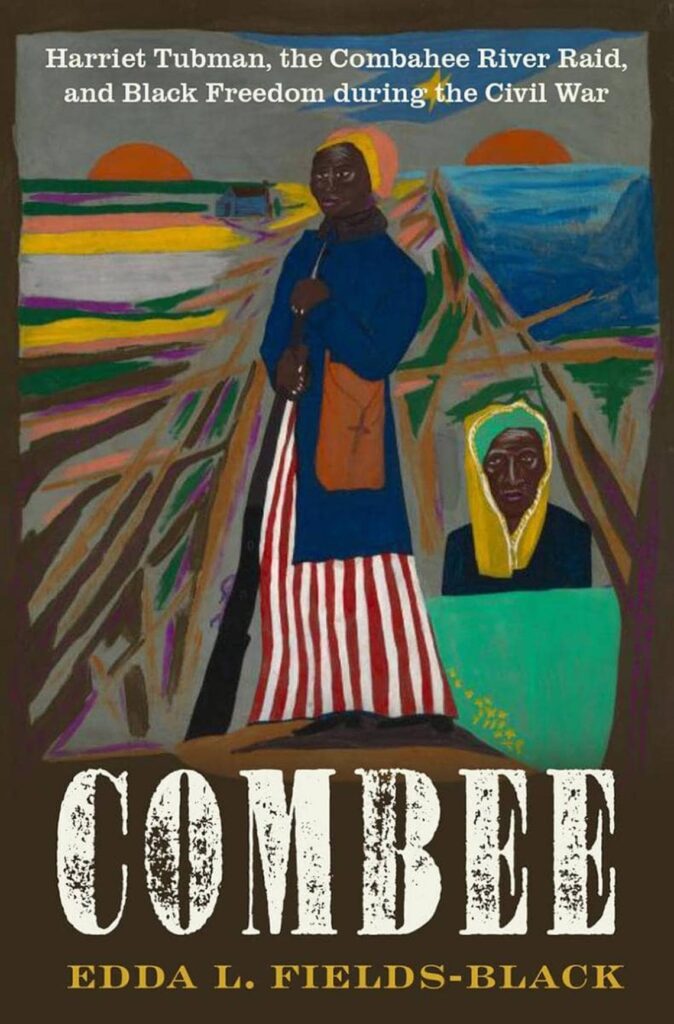Edda Fields-Black, a Miami native and daughter of prominent Black historian Dorothy Jenkins Fields, has been awarded the prestigious Pulitzer Prize for History for her groundbreaking book, COMBEE: Harriet Tubman, the Combahee River Raid, and Black Freedom during the Civil War.
The announcement last week, Monday, May 5, made Fields-Black one of the few Black scholars to receive the Pulitzer in this category — alongside Annette Gordon-Reed. The honor also marked a full-circle moment in a lifelong journey sparked by her mother’s influence.
At just eight years old, Fields-Black and her older sister were paid by Jenkins Fields to go door to door in their Brownsville neighborhood with a tape recorder and legal pad to collect family stories. That early project planted the seeds for a career steeped in the preservation of African American history.

Now a Carnegie Mellon University history professor and director of its Dietrich College Humanities Center, Fields-Black has authored two books, with COMBEE taking nearly a decade of research and three years to write. The book centers on Harriet Tubman’s leadership during the Combahee River Raid of June 1863, which Fields-Black identifies as the largest slave rebellion in U.S. history.
Using newly digitized Civil War pension files, she traced the identities and firsthand testimonies of enslaved men and women who were liberated during the raid. One testimony in particular, from 88-year-old Linus Hamilton, became the linchpin in connecting a deeply personal narrative to the broader historical record.
“It is extremely rare to know an enslaved person’s name, first and last. It’s almost unheard of to hear them describe how they felt,” Fields-Black explained.

Her determination to tell the story from the perspective of those freed — not just the generals or leaders — makes COMBEE a landmark contribution. The work draws upon sources like digitized collections from History Miami, connecting Tubman’s raid to commanders like Col. James Montgomery and the 2nd South Carolina Volunteer Infantry, a regiment of Black soldiers.
Jenkins Fields, founder of Miami’s Black Archives, expressed immense pride in her daughter’s accomplishment.
“Her achievements are a testament to her strength and perseverance. Her hard work and dedication paid off, and I couldn’t be more proud,” she said.
The Pulitzer comes amid heightened national debate over the teaching of Black history, with increasing restrictions and funding threats facing institutions that preserve African American legacies. Fields-Black believes her win is not just personal — it is cultural.
“It’s a form of validation, almost, that these stories are important and must be told — with the backing of the Pulitzer Prize — even under these very difficult circumstances,” she told the Miami Herald. “This win is for our ancestors.”
As she advocates for Harriet Tubman to receive a Medal of Honor, Fields-Black also hopes her book inspires more Black historians to pursue and publish transformative work.
“I feel like I’m standing on a lot of people’s shoulders. And I want to open the doors for others,.” she said.
Through COMBEE, Fields-Black has ensured that the voices of the once-silenced — enslaved men and women who lived and resisted — will now be heard by generations to come.
